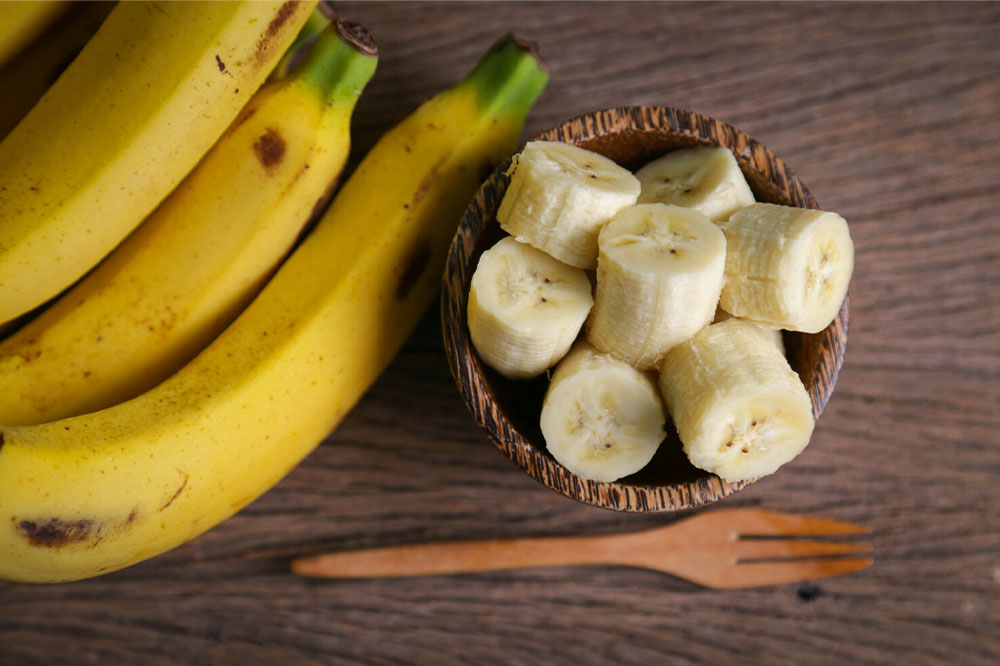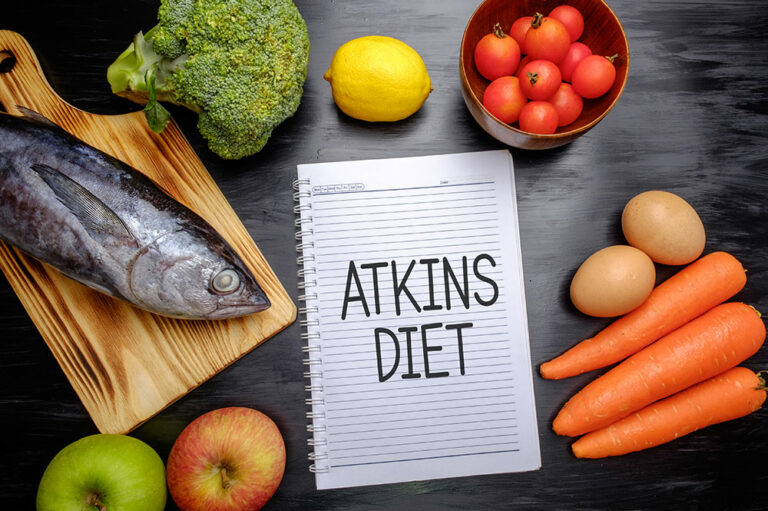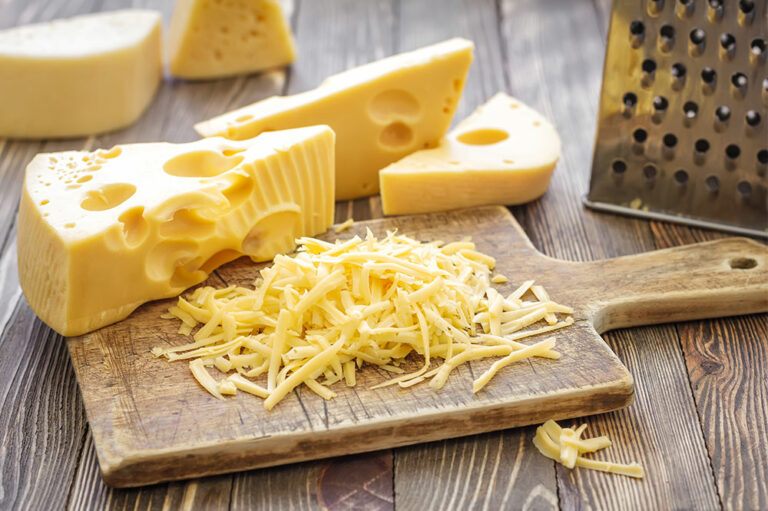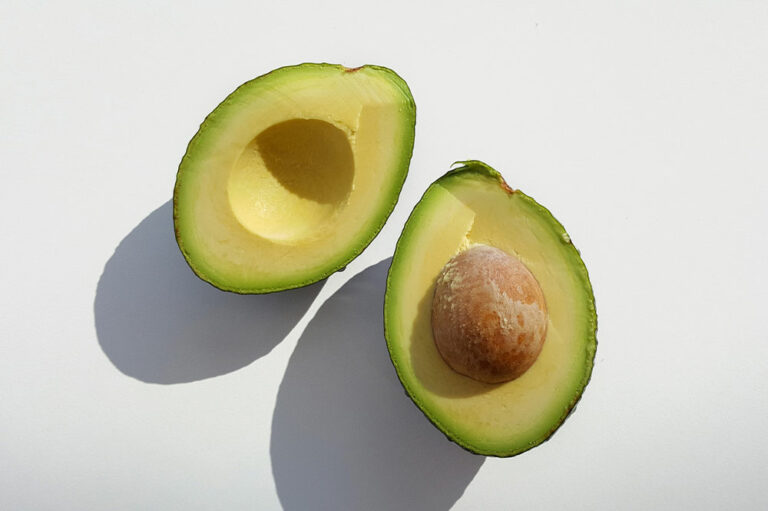5 foods that people with seizures must avoid

The central nervous system is responsible for various indispensable bodily functions, including speech, hearing, movement, and awareness. These can get hindered and altered by a seizure, which refers to sudden electrical activity in the brain. Two or more seizure episodes occurring less than 24 hours apart and with no other explanation can indicate the onset of epilepsy. Besides following the treatment course prescribed by a doctor, avoiding or limiting certain foods can help control seizures:
Bananas
Although potassium is a vital nutrient for the body, excessive levels of potassium can induce or aggravate seizures among those already prone to such episodes. Banana is a rich source of potassium; thus, patients with seizures must limit their banana intake to control their symptoms.
Processed foods
Processed foods are loaded with trans and saturated fats, which can increase one’s risk for cardiovascular conditions like cardiac arrhythmia. Cardiac arrhythmia further makes one susceptible to convulsive syncope, involving symptoms similar to those of seizures. Hence, it is important for patients prone to seizures to avoid processed foods, replacing them with healthier alternatives like lean meats, fruits and vegetables, and whole grains.
Sugar
Sugar is directly linked to an increase in blood sugar levels, which can induce seizures in some patients, particularly those already at risk for seizures and epilepsy. Foods and beverages with added sugars, including soft drinks and baked items, should be avoided to the best extent possible. Such items containing added sugars may be replaced with natural-sugar sources, such as fruits, fresh fruit juices, and smoothies.
Monosodium glutamate
Monosodium glutamate, or MSG, is a common food additive found in ready-to-eat and packaged foods as well as foods from restaurants. Such additives typically increase nerve cell firing and aggravate symptoms of neurological disorders. Patients with epilepsy should steer clear of foods containing MSG, carefully browsing the list of ingredients in packaged foods before purchasing them. Foods from restaurants should be replaced with fresh, homemade foods.
Caffeinated beverages
The Epilepsy Society suggests that excessive caffeine intake may increase one’s risk of developing seizures, as caffeine causes an overactive central nervous system. Although drinking tea and coffee in limited quantities is permissible, individuals susceptible to seizures must avoid drinking too much caffeine. They can have alternatives like juices, soups, and milk (if one is not lactose intolerant).
Besides avoiding certain types of foods, individuals prone to seizures must incorporate nutritious foods, including fruits and vegetables, whole grains, yogurt, low-fat foods, and healthy carbohydrate sources. Staying hydrated, not skipping meals, eliminating stressors, and ensuring a healthy sleep cycle can also contribute to symptom control. One must also identify any food intolerances, including gluten and lactose intolerances, and avoid such foods to manage seizure symptoms. Moreover, increased physical activity may reduce the frequency of seizure episodes. Avoiding a sedentary lifestyle and engaging in activities like walking, jogging, low-intensity aerobics, and yoga can help patients with seizures ensure overall well-being.










